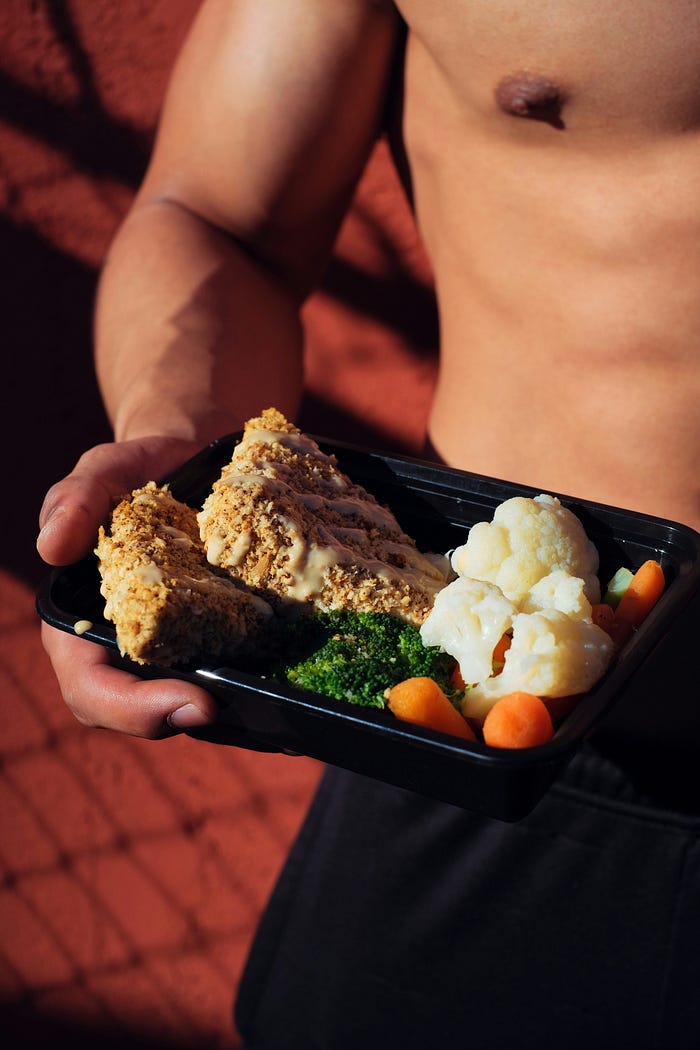Nurturing Compliance: The Vital Role of Meal Management in Trials
Written on
Chapter 1: Importance of Dietary Control in Clinical Trials
In the realm of clinical trials, particularly those evaluating pharmacokinetics and pharmacodynamics, the regulation and documentation of meals provided to participants are paramount. The meals can significantly influence drug absorption and metabolism, making it essential to adhere strictly to the designated meal times and specific menus as outlined in the study protocol. This article emphasizes the necessity of meticulous meal management and includes a checklist to facilitate compliance and accurate recording in clinical trials.
Comprehensive Checklist for Meal Management
This checklist is designed to aid inspectors and trial managers in confirming that meal provision aligns with protocol specifications and is accurately documented:
- Adherence to Scheduled Meal Times: Were meals provided to all participants as per the scheduled times mentioned in the protocol?
Ensure that meals are delivered precisely at the times specified in the protocol to prevent any impact on study outcomes.
- Monitoring and Recording Deviations: Were any deviations from scheduled meal times documented appropriately?
Review any discrepancies from the planned meal times, ensuring that these deviations are well-documented, including the reasons and potential effects on the study.
- Maintenance of Meal Logs: Were meal logs maintained correctly?
Examine the meal logbooks to confirm they are consistently updated, providing a clear record of what was served and when.
- Consistency with the Meal Menu: Did the meals provided correspond to the menu outlined in the protocol?
Verify that the meals served align with the specified menu in the protocol, which is crucial for controlling variables that may affect drug absorption and activity.
The Necessity of Rigorous Meal Management
Effective meal management guarantees that study conditions are uniform across all participants, thus reducing variability in pharmacokinetic data. It also aids in evaluating the drug's effects under controlled dietary circumstances, which is vital for comprehending how food intake influences drug efficacy and safety.
Tools and Technologies for Improved Meal Management
Utilizing technologies such as digital meal tracking systems can simplify the process of monitoring and recording meal provision. These systems can notify staff if meal times or menus deviate from the protocol, allowing for prompt corrective actions.
Empowering Your Role as an Inspector
As an inspector, ensuring that meal provision adheres strictly to the protocol is crucial. Your thorough evaluations can prevent deviations that could jeopardize the study's integrity. Your responsibilities extend beyond compliance; they uphold the scientific rigor of the trial.
Stay Informed and Engaged
Continue enhancing your expertise by exploring the latest resources on clinical trial management and nutritional control in pharmacological studies. Engage with the broader community by using hashtags like #ClinicalNutrition and #TrialManagement to share best practices.
In future editions, anticipate more in-depth insights into managing dietary variables in various types of clinical trials, along with illustrative examples that underscore the precision necessary in this essential aspect of trial management. Through diligent monitoring and documentation, you ensure that each trial exemplifies accuracy and thorough scientific inquiry.
